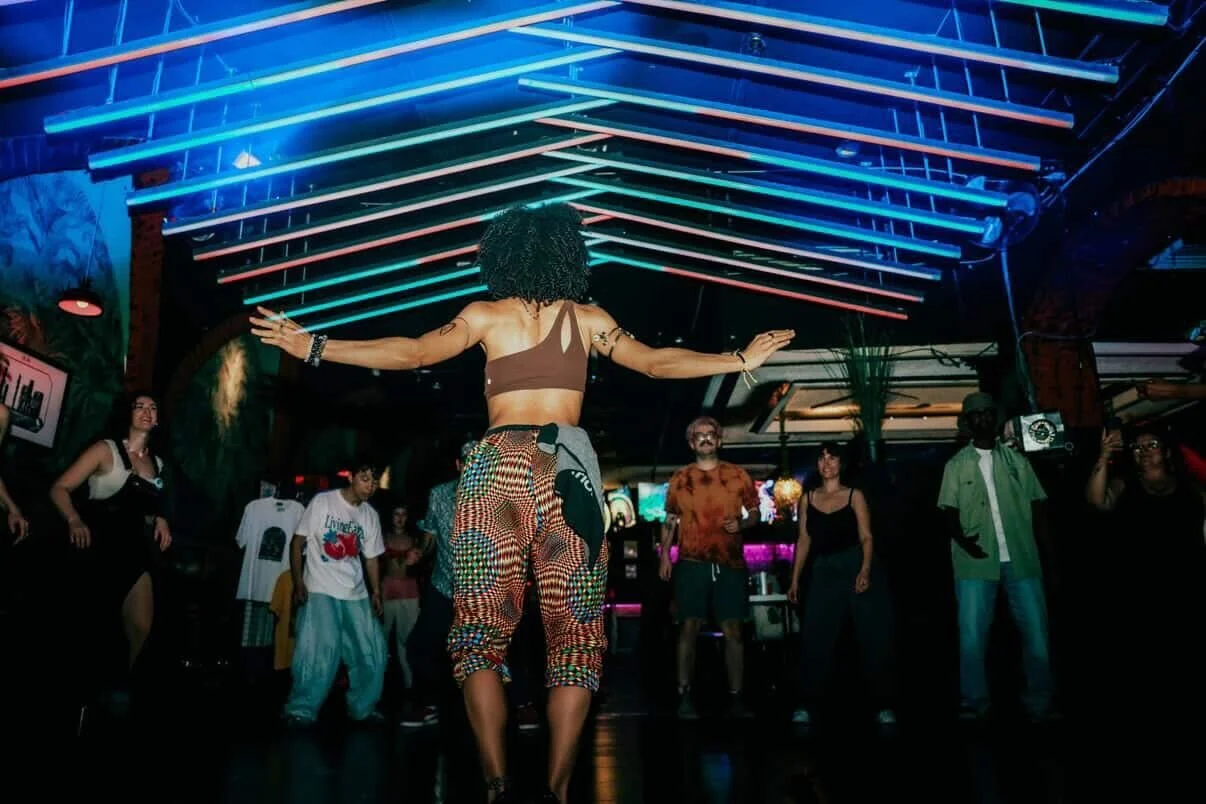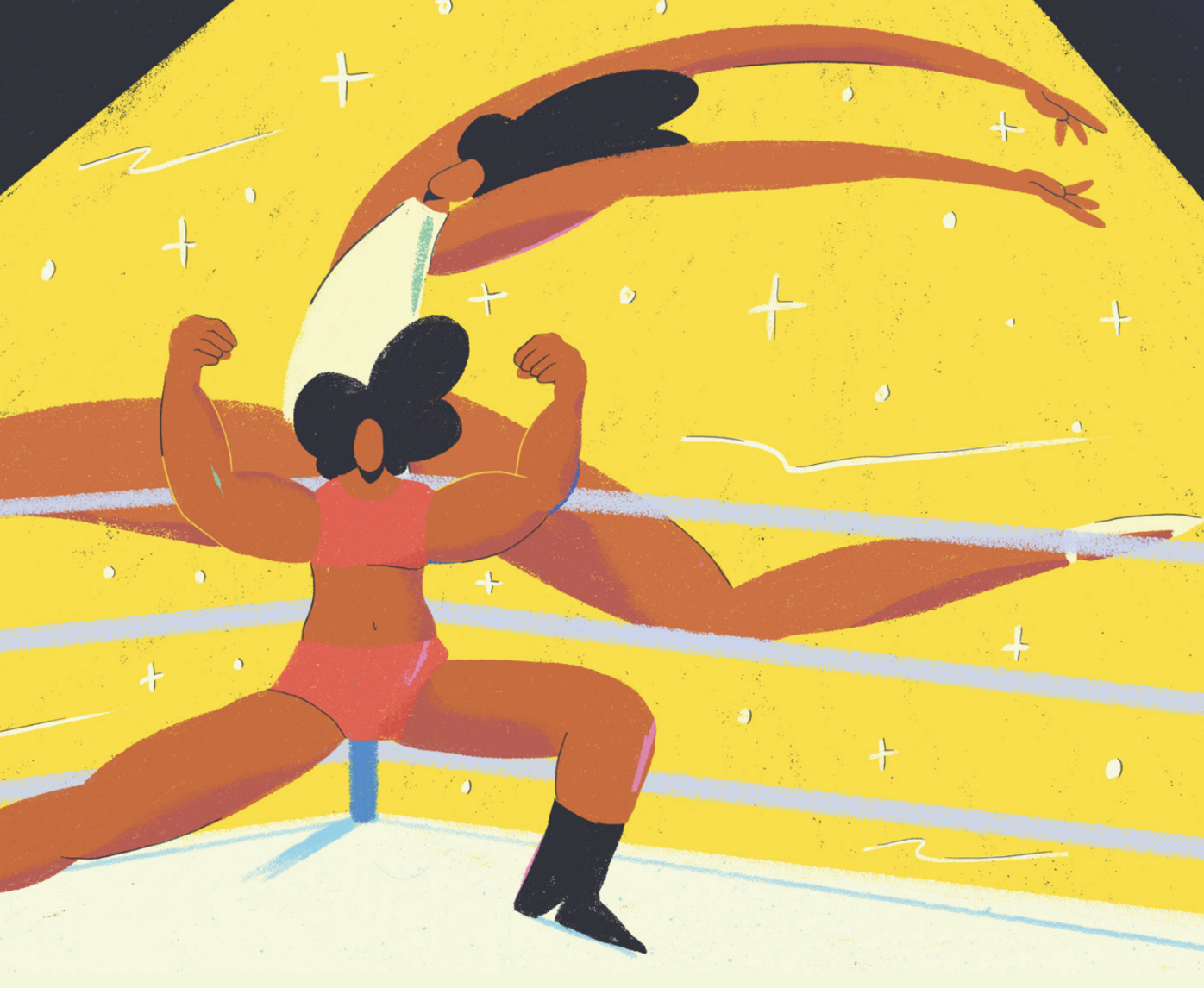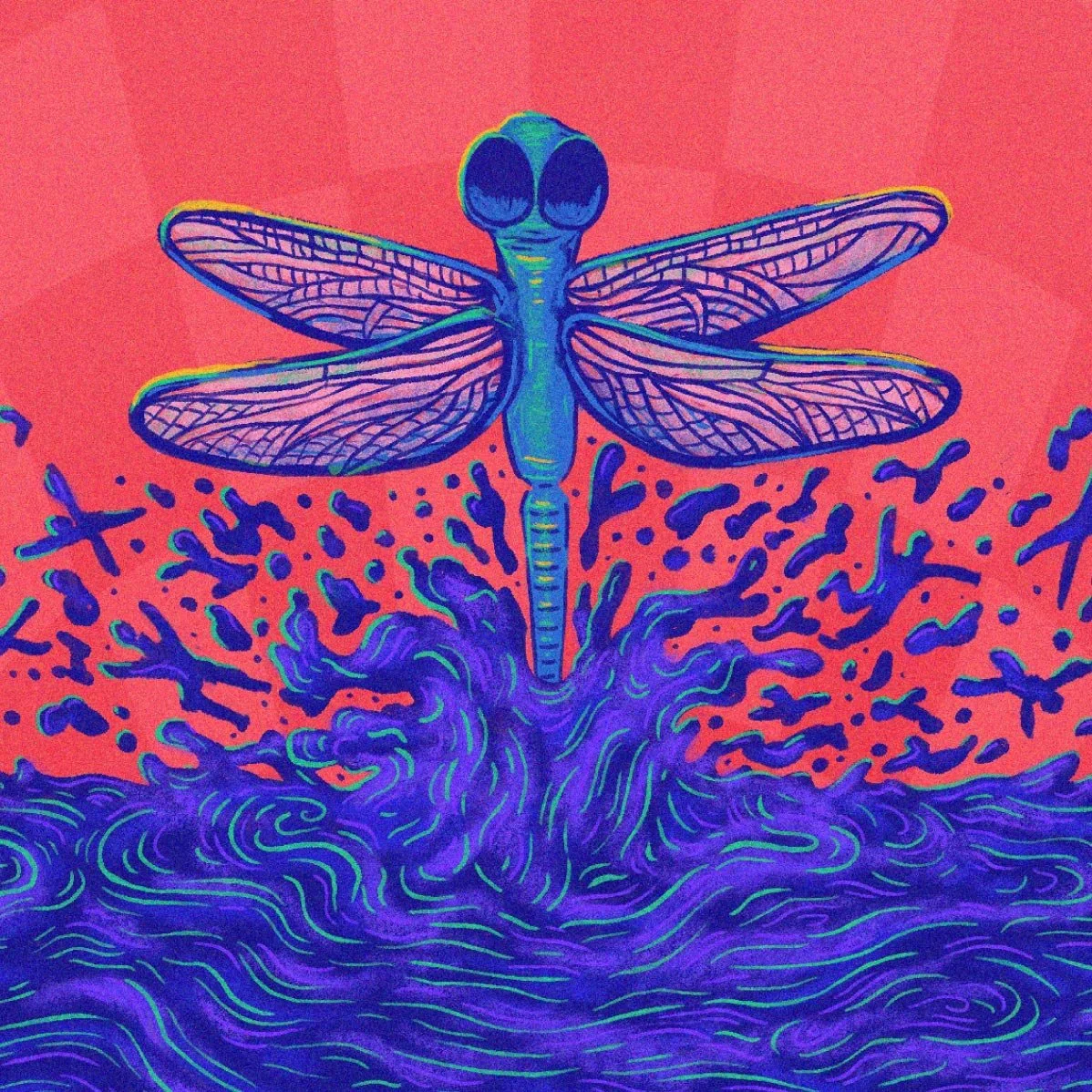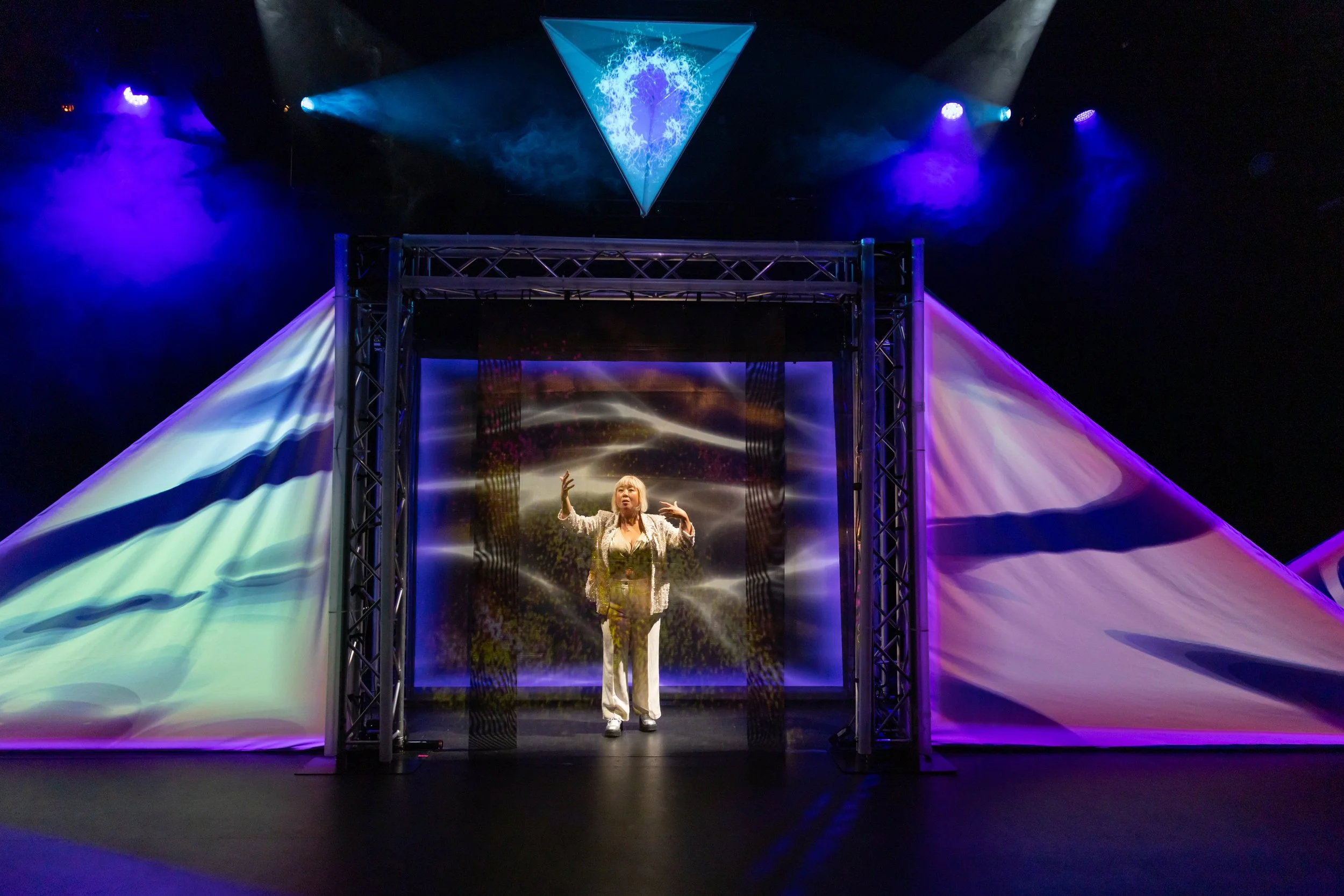The evolution of Mannequin Pussy: more than a punk band
/Vancouver’s alternative music scene is developing an unfortunate trend as more bands—both well-established and emerging—skip our city while on tour. With travel expenses adding to the cost of tickets, the live music experience can be a costly one. But when I found out a band I’d been following for the past three years, Mannequin Pussy, was playing in Portland, I didn’t hesitate to pack my bags and head south.
Should this change in experiencing art be perceived as problematic or inconvenient simply due to its lack of proximity? What is the catalyst for change in the consumer experience, and is it inevitable? How important is the concept of genre when considering the relationship between creating and perceiving music? I had the opportunity to contemplate these questions with members of Mannequin Pussy in the cozy, dimly lit green room of the Crystal Ballroom. As guitarist Athanasios Paul slowly made his way through a pre-show meal, having gone through an emergency tooth extraction the night prior, I talked with lead singer and guitarist, Marisa Dabice, and their bass player, Colins "Bear" Regisford.
Krystal Paraboo, Bear and Marisa Danibe pose in Portland’s Crystal Ballroom
The internet defines Mannequin Pussy as a punk rock band, though the group wouldn’t confine themselves to one specific genre. Punk rock developed in the mid 1970s to break from traditional techniques and concepts of mainstream rock. It incorporates more aggressive, fast-paced strums to compliment politically charged lyrics reflecting anarchist ideologies. The movement birthed a punk subculture reflective of youthful rebellion before evolving into punk pop in the 90s, ultimately inspiring Mannequin Pussy.
Bear found punk early in his life, and recalls the music and videos of Peter Gabriel, Nirvana, NOFX, Green Day, Blink-182 making significant impressions on him.
“I feel like a lot of people start off with those influences really young, then your taste starts to develop as you get older, but I never walked away from it,” Bear says. “I developed a love for all music, but there will always be a softer side for me for anything more...hard.”
While Dabice says she was always surrounded by music growing up, her family was partial to the likes of The Beatles, disco and The Phantom of the Opera soundtrack.
“I grew up in Connecticut, which doesn’t really have a strong, alternative culture whatsoever. My first introduction to music where I was like ‘Oh my God, music can actually sound this way?’ and where I felt excited by the way it sounds, was through MTV,” says Dabice. “When I found that music I was like ‘Wow, this actually makes me feel alive and electric and on fire.’”
Taking their inspiration from previous iterations of punk genres, Mannequin Pussy is spearheading a new wave of the punk movement through their musical ouevre, renegade aesthetic, and inclusive representation. So how exactly do they create their music? Dabice says writing from her own personal experiences is the only natural, authentic way she knows how to approach making music.
“I think music, at its core, is to work through experiences that you’ve had, and then share them with other people to try to come out the other side as a stronger, more evolved person.”
Taking the elements of what she loved from the music she grew up with—aggression, heaviness and a sense of catharsis—Dabice replaces the stories of bands she admired with ones of her own.
“You are who you are, and when you’re comfortable enough with who you are, that’s just what comes out, and that’s what people respond to.”
Much like people, music is becoming increasingly hard to contain in one genre. From Lil Nas X to Billie Eilish, artists across the board are bending musical genres, and Mannequin Pussy is no stranger to this innovative process. The band prioritizes what’s best for a song rather than being flashy and showing off—mastering artistry over entertainment.
Mannequin Pussy also places more emphasis on evoking a certain mood and emotion, instead of considering and fulfilling the needs mass-consumerism demands, or classifications of a certain genre. For example, “Drunk II” is arguably their most popular song to date, contributing to the success of their latest album, Patience (2019). Yet the band has no intention of replicating the song’s formula in order to guarantee future hits.
“I think our authenticity comes from our ability to create songs without feeling pigeon-holed to an idea of what our band is supposed to be,” says Bear. “Every song is a moment in time and how we feel. We’re a band where we’ll take a song, and not know where it will be in a year’s time. We write in a way where we all bring something to the table, and try to shape it all together.”
Dabice says the band's next record will be the first time Mannequin Pussy is starting from a blank slate.
“Before, our albums were shaped after the songs were made. Now we’re going into it where we have this opportunity to contemplate how we want this album to feel—find new ways to challenge ourselves and use our communication with each other to write a song.”
Collaboration bleeds into the bands aesthetic. Mannequin Pussy’s collective band style is completely non-unison, and individually driven. Dabice is the apparent fashion icon of the group, and can be found wearing bold, often handmade pieces made by small-scale organizations and designers who are typically her acquaintances.
“Art is a collaborative opportunity to bring out what other peoples’ talents are; what does this person have that I don’t have, and how do we work together to bring out something so beautiful between the two of us?” Dabice says. “That’s how I’ve always approached any aesthetic choice.”
However, despite her dominance as leading female, she is unable to dictate the fashion choices of her fellow members. “It would not be punk rock if I let someone else tell me how to dress,” Paul chimes in from the corner.
Mannequin Pussy introducing us to this new era of punk is a reminder that making music goes beyond genre, and the demands of who is experiencing it. It is about expressing one’s authentic nature through various experimental forms. Full creative autonomy and breaking musical or aesthetic boundaries is essential to the natural process of creating authentic art. In turn, that nuance and unpredictability to what consumers are given makes for a more enriching manner of experiencing art. The entire process on both ends goes against conventional notions of mass-consumerism. There’s nothing more punk rock than that!







